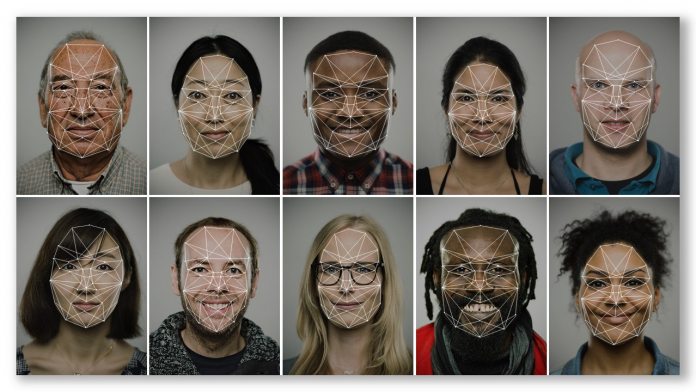His statement follows a paper by AI Now, which contains Google and Microsoft employees. In it, the group calls for regulation and highlights how it can be used to undermine civil liberties. The paper came after news that the secret service wants to test the technology around the white house. “We believe that the only way to protect against this race to the bottom is to build a floor of responsibility that supports healthy market competition. And a solid floor requires that we ensure that this technology, and the organizations that develop and use it, are governed by the rule of law,” said Smith. However, the statement seems somewhat at odds with Microsoft’s actions. The company seems to be committing more tech to the government, not less. It just won a $480 million contract that will provide HoloLens devices to the army, both for training and in the field.
Microsoft’s ICE Blunder
These devices will provide features like thermal sensing and night vision, with no talk of facial recognition capabilities. However, Microsoft was caught out earlier in the year when its link with the US Immigration and Customs Enforcement (ICE) became clear. Users noted that its platform powered the ICE’s facial recognition technology as children were being split from their parents at the border. “This can help employees make more informed decisions faster, with Azure Government enabling them to process data on edge devices or utilize deep learning capabilities to accelerate facial recognition and identification,” said a previous blog post. Microsoft since addressed the accusations by stating that it “is not working with U.S. Immigration and Customs Enforcement or U.S. Customs and Border Protection on any projects related to separating children from their families at the border. We are not aware of Azure or Azure services being used for this purpose.” Regardless of the use on the ground, Microsoft made it clear that it was happy for the ICE to use its technology for such means. A technique that would have exacerbated social issues in much the same way. As of now, it still sells its Cognitive Services to services to US government. Now, the company has committed to big changes. Smith has espoused the need for companies to develop policies to limit the tech to ethical uses and pointed to Microsoft’s own reforms. In the future, he says the company will be fair, transparent, accountable, non-discriminatory, and lawful. He also highlights the potential for good deeds. A police trial in New Delhi identified 3,000 missing children in four days. Under current laws, it won’t be difficult for the company to comply, so it’s the transparency that’s incredibly important right now. With hope, we’ll see a lot more about Microsoft’s implementations when its policies launch in March.




